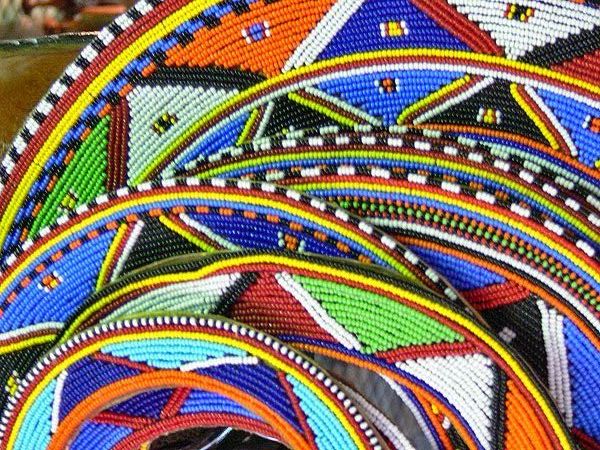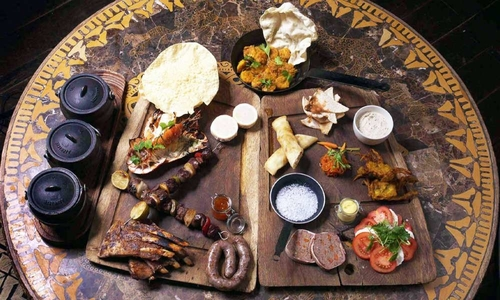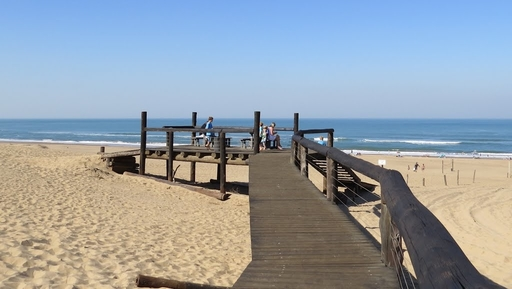Sawubona - Hello in Zulu
-
Sawubona is a common greeting in Zulu. We present to you some interesting information about the language and the people who speak the language.
In case you are one of them who speaks Zulu or from Zululand and wish to report inconsistencies, please reply to this topic.
Zulu, or isiZulu as an endonym, is a Southern Bantu language of the Nguni branch spoken in Southern Africa. It is spoken by more than nine million people mainly in South Africa, especially in Zululand.
Here we will share some amazing facts about the Zulu language and the speakers of the language i.e., Zulu people.
Though Zulu people speak the Zulu language mostly, they also can speak several of South Africa’s eleven other official languages including English, Afrikaans, Portuguese, Shangaan, and Sesotho.

(Image Courtesy: Pinterest)Every color and shape in traditional Zulu Beadwork tells an intricate story with its cultural meaning. All colors except white (which only represents love and purity), have both positive and negative meanings depending on what bead is stitched alongside it. The color of the beadwork one chooses to wear can even symbolize mood, with black indicating one is in mourning and green depicting contentment or bliss in marriage. Beadwork is indicative of gender and told others how many children the wearer had, what region she/he hailed from, and how many unmarried sisters she/he had.

(Image Courtesy: https://www.coxandkings.co.uk/)Since the Zulu people originally relied on the land for sustenance, their diet was made up mainly of the grain and vegetables that they farmed and the meat that their animals provided. In Zulu cuisine you can find Amazi, a curdled milk drink that is reserved only for the family members of the person making it; Uphuthu, a meal made from coarsely ground maize; Umngqusho, a mixture of maize and sugar beans; Ujege, an authentic Zulu bread; Chakalaka, a spicy tomato relish; Phutu, an unfermented porridge; Isibhede, a fermented porridge. The tribe uses Amadumbe as a substitute for sweet potato, which they boil, steam, grill or use to make French fries. The alcoholic version of Zulu beer is known as Utywala, and the non-alcoholic version is known as Amahewu.

(Image Courtesy: https://mapio.net/)Some outstanding tourist attractions in Zululand are Dlinza Forest, Ithala Game Reserve, Umlalazi Nature Reserve, Fort Nongqayi Museum Village, Mtunzini Beach, Tunga Needlework Studio.
Hope you like it, if you know any other fascinating facts about Zulu, let us all know!
Source: https://artsandculture.google.com/
https://www.britannica.com/
https://blog.rhinoafrica.com/

